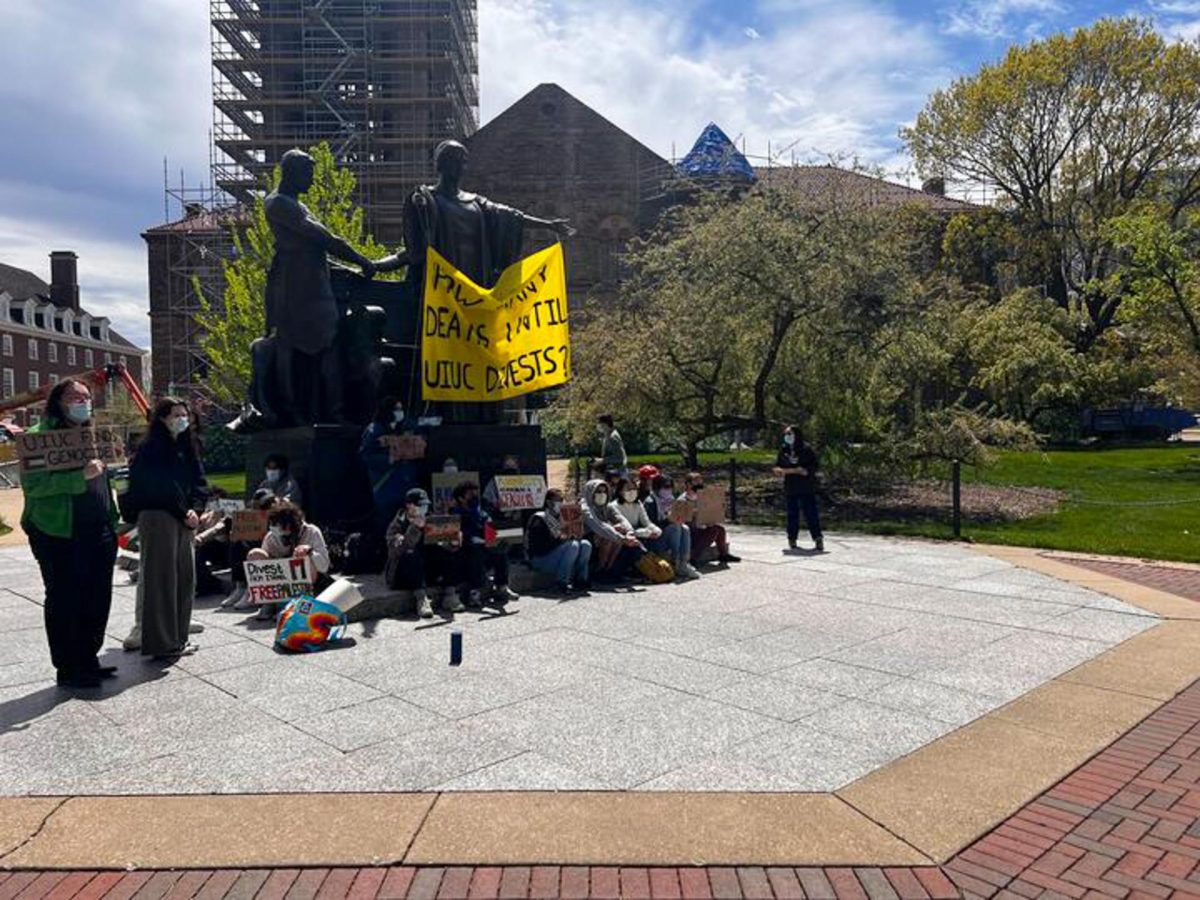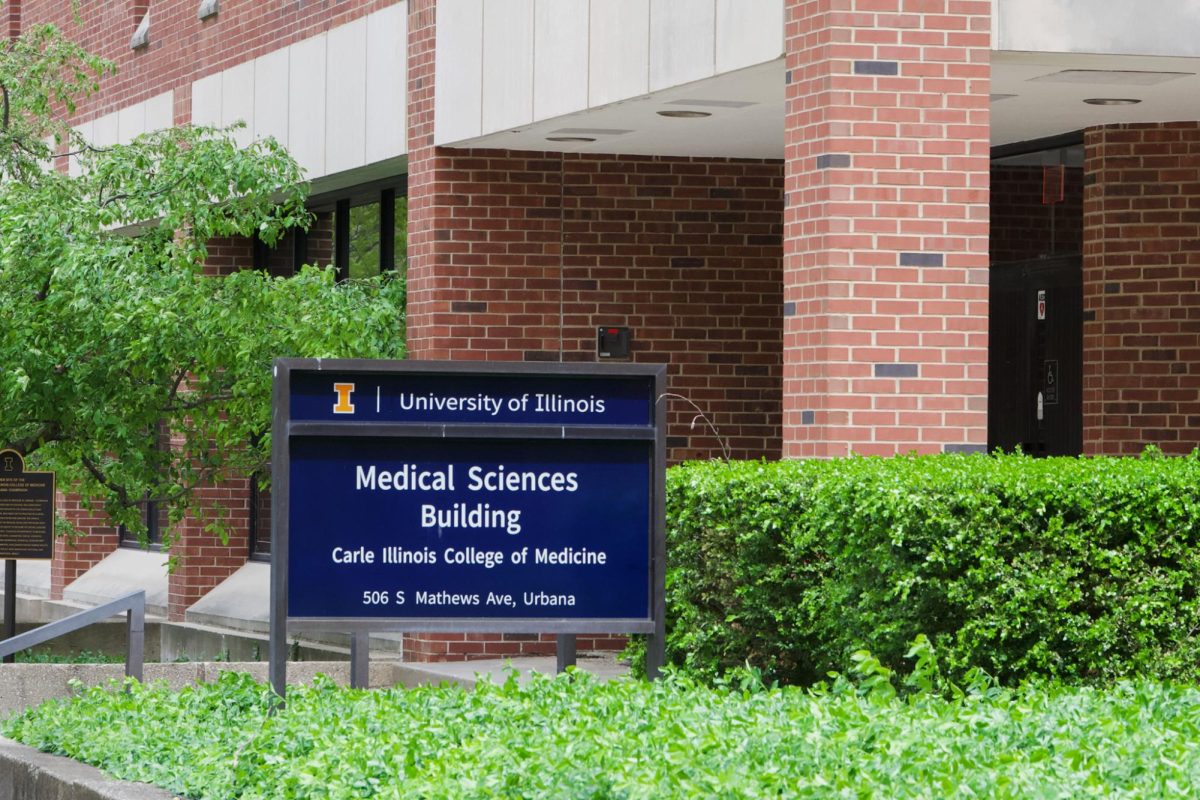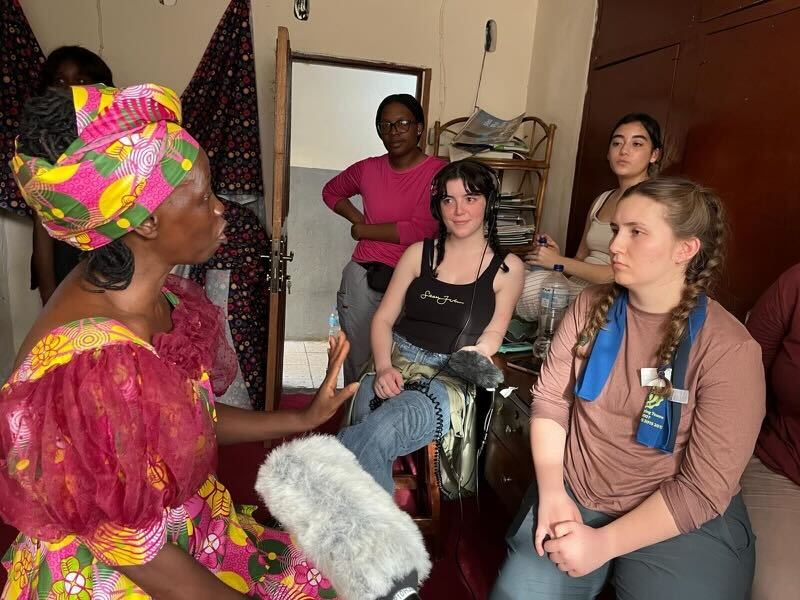It’s a simple question. But for students declaring an Individual Plan of Study in the College of Liberal Arts and Sciences, being asked what their major is might prompt a complex answer.
“When people ask me, I say ‘community service and development,’ and sometimes they won’t even realize that’s not a major that exists,” said Brittany Koteles, a sophomore who developed her own plan of study through the IPS option.
“And depending on how much people like talking that day, sometimes they’ll ask, ‘Oh, what college is that in?’ I say, ‘it’s in LAS and it’s not actually an established major; there’s this thing called Individual Plan of Study and it’s like creating a major.”
As many colleges begin accepting intercollegiate transfer applications this month, students can consider creating their own unique major.
The IPS program allows students to consult with advisers and faculty in the creation of their own major plan of study.
Get The Daily Illini in your inbox!
While other majors can allow for some flexibility in choosing courses, Koteles said this attribute is a main focus in the IPS program.
“The IPS major exists for students that are interested in something that they really want to concentrate on studying, but it really doesn’t lie in one department,” she said.
“Within LAS I’m taking some sociology, psychology, political science, philosophy. I’m also taking some ethics classes, and then some things like social work or human and community development, which is in the college of ACES, and then I’m also taking some classes in FAA.”
Cory Ohms, the assistant director for new student advising in LAS, added that students are not discouraged from taking courses in other colleges, but said the degree has to be predominantly focused in LAS. He also talked about some of the different programs that have been developed by students.
“I can tell you some of the ones we’ve encountered are Middle Eastern studies, Asian studies, cinematography and entomology – those are some of the bigger ones,” Ohms said. “Another one, queer studies, is very much born out of the women’s studies department. There are some that are very much out there that students know about, but to develop something completely new, that’s really what the spirit of the major is.”
Ohms also mentioned options like neuroscience and Latino studies, programs that have a basis in graduate studies or as developed minors, as being the most popular choices for IPS students right now.
But students looking to go down a similar path still have to develop their own plan.
“It really depends on the interest of the student and what kind direction they want to go in. For Latino studies, there’s a broad way to take that, but maybe they want to focus more on history, they want to focus on politics, or they want to focus on whatever,” Ohms said.
“So they could do the same program, but it’s going to be a different rationale, a different description. It is going to be a different course list.”
And students don’t necessarily have to go through the LAS IPS if they’re looking for flexibility in their courses.
Samarth Bhaskar is a junior majoring in international studies, an established program with requirements in humanities courses, a foreign language and studying abroad.
“We’re in an interdisciplinary department, so we don’t have any courses of our own,” Bhaskar said.
“I think there’s actually a brand new International Studies like, 101 or 100 level course which was introduced into the major. But other than that, all of the other courses are in different departments too.”
Bhaskar added that rationalizing his major choice for others was initially difficult.
“One of the biggest struggles for me was my parents,” he said.
“For them it was like, ‘You’re picking something that really doesn’t have a set outcome. I can’t pinpoint exactly how you’re going to get a job’ and so on and so forth. But through more research and showing them that I’m working hard and making the right choices, they’ve kind of bought into it as well.”
As with any student, the issue of marketability after college is always a legitimate concern. Ohms also said students making their own major can be just as viable as students in any other major.
“I think an IPS can lend itself very well to potential employment or graduate studies because it has such a clear focus, but I guess that’s not really the main focus from the college perspective,” he said.
“If it lends itself to a job or vocation, that’s wonderful. But if you talk to students, I do think they feel more prepared for that particular graduate program or that particular field of study because they spend so much time researching and developing it.”
Koteles said she doesn’t know exactly where her education will take her after graduation, but that she would like to work in community service.
Bhaskar said he plans on pursuing graduate work and eventually obtaining a Ph.D.
While these programs allow for flexibility, Koteles said many people are unaware of their options.
“One thing about IPS is that it’s like a hidden gem on campus,” she said.
“I feel like a lot of students just settle for something that’s vaguely related to what they want to do because they don’t realize that this option exists.”









